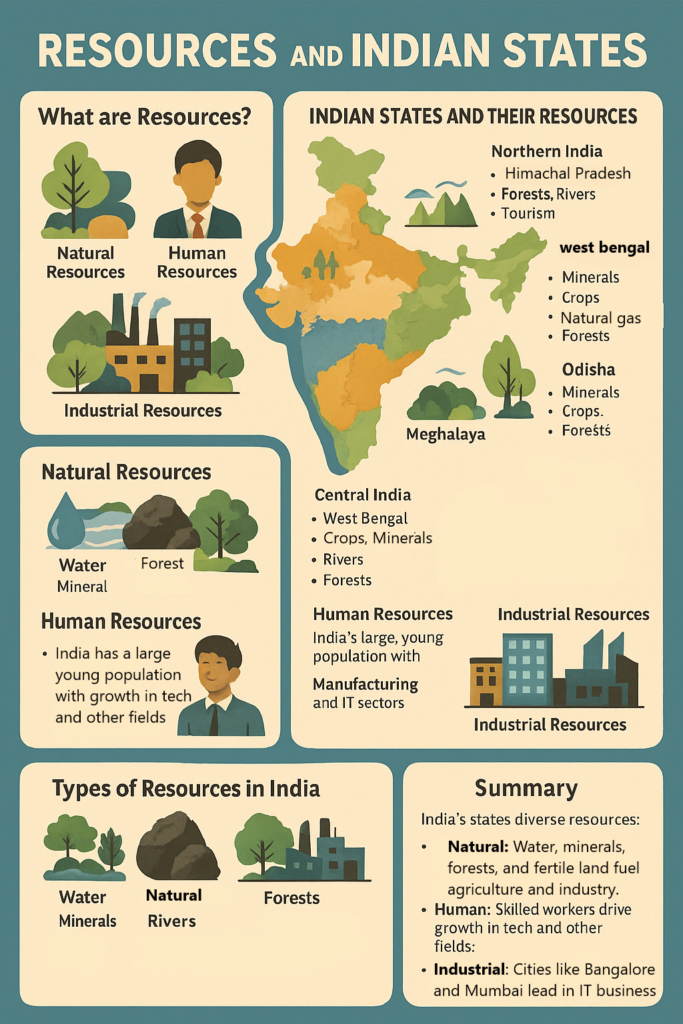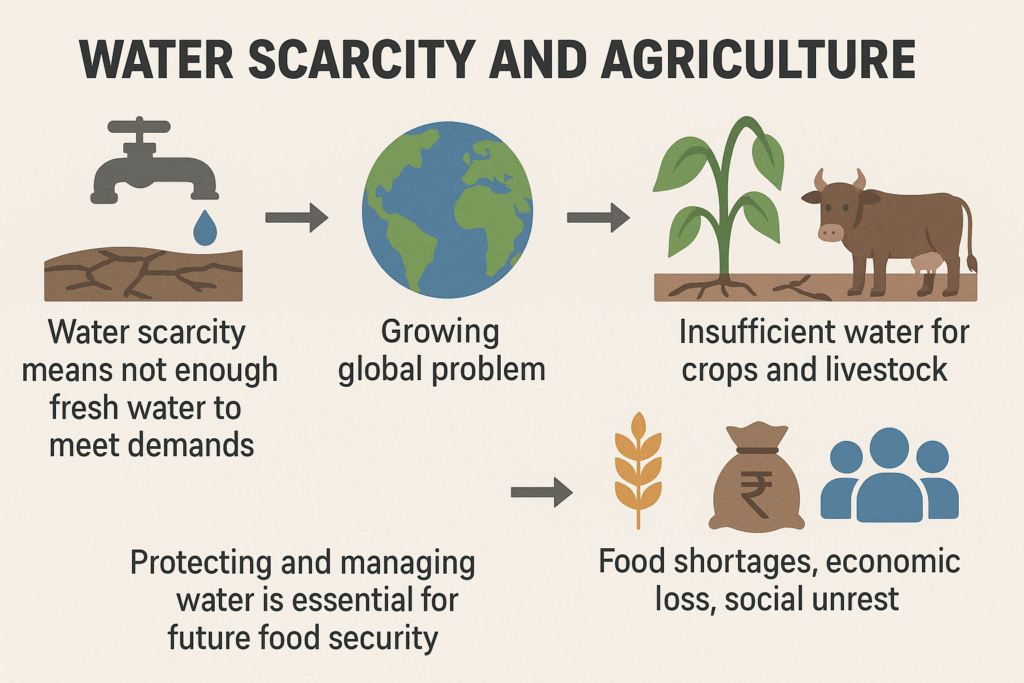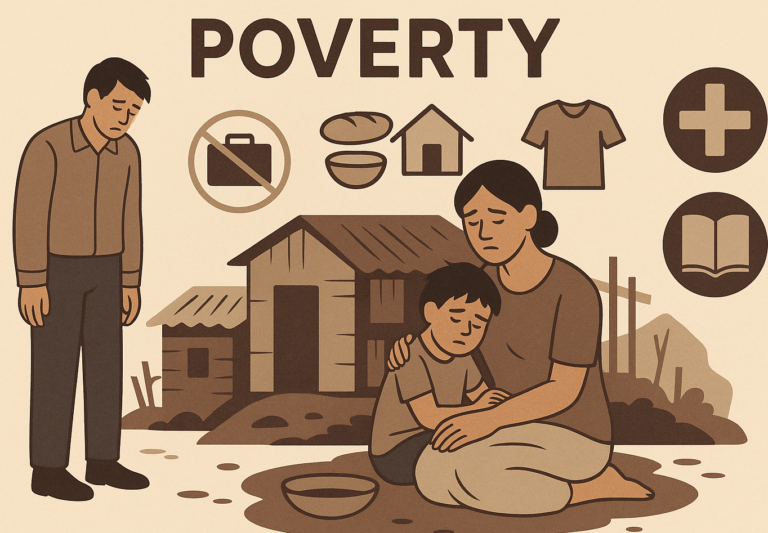Understanding the Basics of Nutrition and Diet
Nutrition and diet are about what we eat and how it affects our health. What we put into our bodies provides the fuel, vitamins, and minerals we need to stay healthy, grow, and feel good. Let’s break it down into simple parts.

1. What is Nutrition?
- Nutrition is the process of taking in food and using it to keep your body healthy. Your body needs certain nutrients to function properly, such as:
- Energy (for daily activities)
- Growth and repair (like healing wounds)
- Maintaining health (keeping your organs working)
2. What is a Diet?
- Diet refers to the food and drink you regularly consume. A healthy diet includes the right amounts of different nutrients to keep you feeling good and working well.
3. The 5 Main Nutrients Your Body Needs:
There are five main types of nutrients that are essential for your health. Let’s go over them:
- 1. Carbohydrates (Carbs):
- Carbs are your body’s main source of energy. They are found in foods like bread, rice, pasta, potatoes, fruits, and vegetables.
- Simple carbs (like sugar) give quick energy but don’t last long. Complex carbs (like whole grains) provide more steady and long-lasting energy.
- 2. Proteins:
- Proteins are essential for building and repairing muscles and tissues. They help make things like enzymes and hormones that control your body’s processes.
- You get proteins from meat, fish, eggs, beans, lentils, nuts, and dairy products.
- 3. Fats:
- Fats are important for energy storage, keeping your skin healthy, and protecting your organs.
- Healthy fats (like those found in avocados, nuts, and olive oil) are good for your heart. Trans fats and saturated fats (found in fried foods, pastries, and fatty meats) should be eaten in small amounts.
- 4. Vitamins:
- Vitamins help your body perform many important functions, like fighting infections, maintaining healthy skin, and keeping your bones strong.
- Different vitamins are found in different foods:
- Vitamin C (in fruits like oranges) helps boost your immune system.
- Vitamin D (from sunlight and certain foods) helps keep your bones strong.
- Vitamin A (found in carrots and leafy greens) is good for your eyes.
- 5. Minerals:
- Minerals help with things like building bones, making hormones, and maintaining proper heart and brain function.
- Common minerals include:
- Calcium (found in dairy and leafy greens) for strong bones and teeth.
- Iron (found in meat, beans, and spinach) helps carry oxygen in your blood.
- Potassium (found in bananas and potatoes) helps regulate blood pressure.
4. Water: The Forgotten Nutrient
- Water is often overlooked but is super important! It helps with digestion, nutrient absorption, and temperature regulation.
- It also helps your body get rid of waste through sweat and urine. You should drink plenty of water each day (about 8 cups or more, depending on your needs).
5. How to Have a Balanced Diet:
A balanced diet means eating the right amounts of different types of food to get all the nutrients your body needs. Here’s how to create one:
- Eat a Variety of Foods:
- Try to eat a mix of carbs, proteins, fats, fruits, and vegetables. This helps you get a wide range of nutrients.
- Portion Control:
- Eating the right amount is important. Eating too much, even healthy foods, can lead to weight gain.
- Limit Unhealthy Foods:
- Foods that are high in sugar, salt, and unhealthy fats (like fast food, chips, or sugary drinks) should be eaten in moderation.
- Eat Plenty of Fruits and Vegetables:
- Aim to fill half your plate with fruits and vegetables at each meal. They provide vitamins, minerals, fiber, and are low in calories.
- Whole Grains Over Refined Grains:
- Choose whole grains (like whole wheat bread, brown rice, and oats) over refined grains (like white bread and pasta). Whole grains have more fiber and nutrients.
- Healthy Fats:
- Include healthy fats from foods like olive oil, nuts, seeds, and fatty fish (like salmon). Limit unhealthy fats found in processed snacks and fried foods.
6. Understanding Calories:
- Calories are a measure of energy in food. Your body needs a certain number of calories each day to function properly.
- If you eat more calories than your body needs, the extra calories get stored as fat, which can lead to weight gain.
- If you eat fewer calories than you need, your body uses stored fat for energy, which can lead to weight loss.
- The key is to balance the calories you take in with the energy your body uses.
7. Why is a Healthy Diet Important?
A healthy diet is important for many reasons:
- Energy: It helps you feel energized throughout the day.
- Strong Immune System: Good nutrition helps your body fight off infections and stay healthy.
- Healthy Weight: Eating a balanced diet helps you maintain a healthy weight.
- Better Mood and Mental Health: The right foods can help improve your mood, focus, and mental clarity.
- Prevents Diseases: A good diet lowers your risk of serious diseases like heart disease, diabetes, and cancer.
8. Foods to Avoid or Limit:
While you can eat most foods in moderation, some foods should be eaten less often because they can negatively impact your health:
- Processed Foods: These are foods that are high in sugar, salt, and unhealthy fats (like packaged snacks, candy, and soda).
- Fried Foods: Foods that are fried or cooked in unhealthy oils can raise your cholesterol levels and increase your risk of heart disease.
- Sugary Drinks: Drinks like soda, sweetened coffee, and energy drinks are high in sugar, which can contribute to weight gain and dental problems.
9. Making Healthy Food Choices:
Eating healthy doesn’t mean you have to give up all your favorite foods. It’s about balance and moderation:
- Plan your meals: Preparing your meals ahead of time helps you make healthier choices and avoid unhealthy, quick options.
- Listen to your body: Eat when you’re hungry and try not to overeat. Pay attention to how your body feels after eating different types of food.
- Snack Smart: Choose healthy snacks like fruit, yogurt, nuts, or vegetables instead of chips or cookies.
10. Nutrition Myths to Be Aware Of:
There are a lot of myths about food and diets. Here are a few:
- “Carbs are bad”: Carbs are important for energy. Focus on healthy carbs like whole grains, fruits, and vegetables.
- “Fat makes you fat”: Healthy fats are essential for your body. It’s the unhealthy fats and overeating that can lead to weight gain.
- “You need supplements to be healthy”: Most people can get all the nutrients they need from a balanced diet. Supplements should only be used if recommended by a doctor.
In Summary:
- Nutrition is all about getting the right nutrients—like carbs, proteins, fats, vitamins, and minerals—from your food.
- A healthy diet helps your body stay strong, get enough energy, and fight off illnesses.
- Eating a mix of different foods, staying hydrated, and making healthy food choices are key to feeling your best.
By understanding the basics of nutrition and diet, you can make better food choices that support your health and well-being











